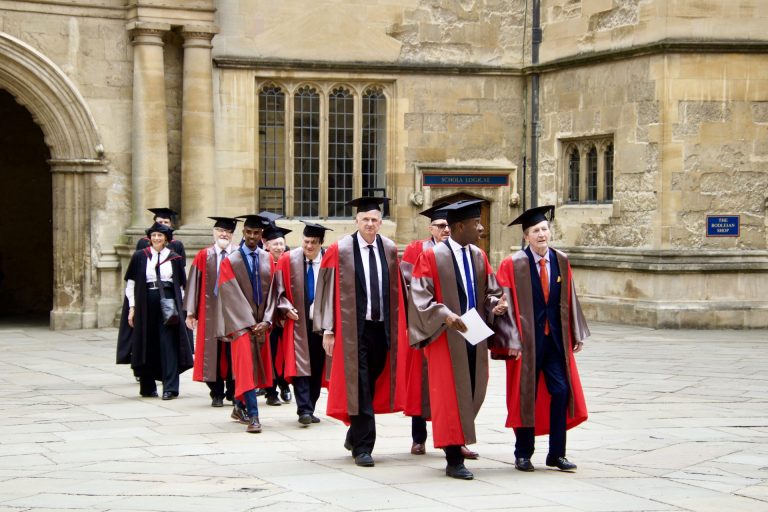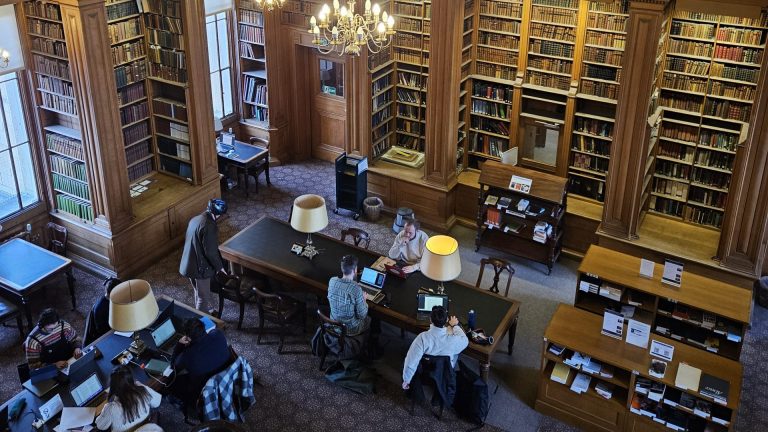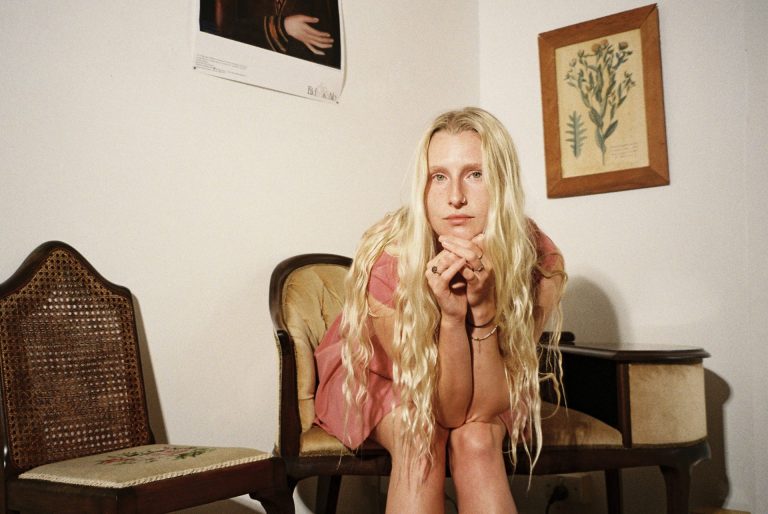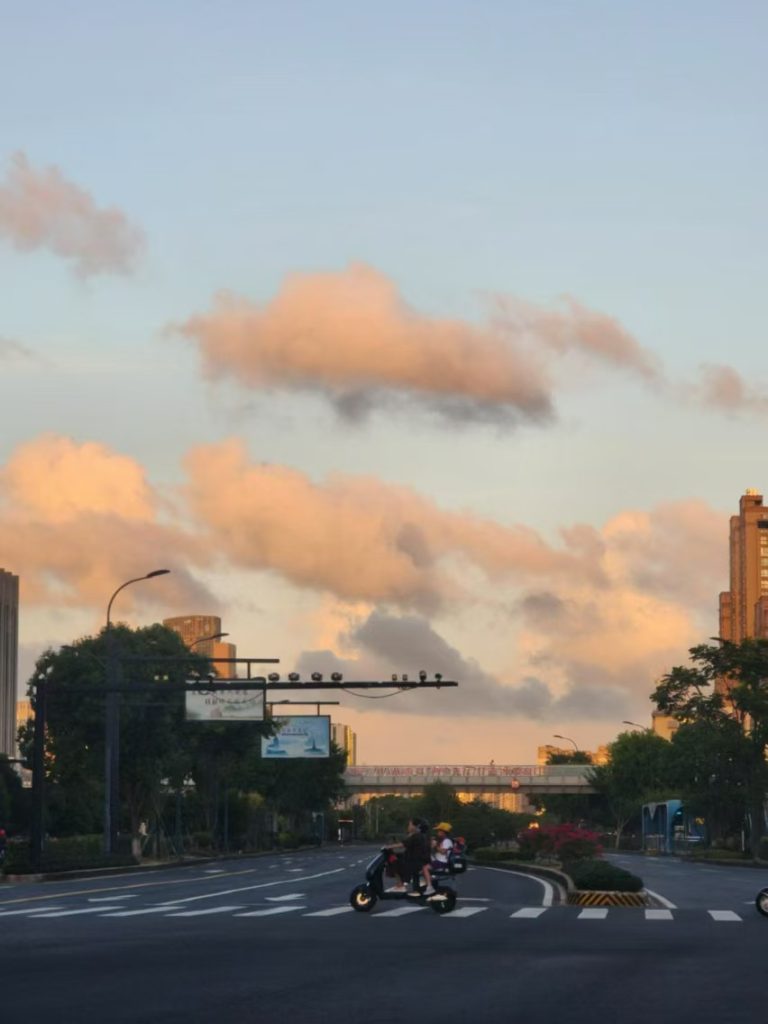Before I arrived at this university, a family friend gave me a book of photos of the Oxford of old. One picture, titled ‘The Encaenia procession outside Brasenose College, 1908’, intrigued me: what was this mysteriously named ceremony which passed my future college each year? Wikipedia furnished me with the basics (as for so many underwhelming tutorial essays in the years to come). Encaenia, from the Greek for ‘festival of renewal’, is the University’s honorary degrees award ceremony, when the dignitaries of Oxford come together to honour those whom it has deemed worthy. My thirst for knowledge satisfied, I promptly forgot all about it. As, it seems, did the rest of the University and city, if indeed they knew about it in the first place.
For the Encaenia is a remarkably obscure bit of pomp and circumstance, taking place in ninth week of Trinity (when any sensible student has legged it for home) with practically no advertisement beyond the road closure notices. Crowds are thin and rather oblivious: the ‘on my way somewhere else and can’t get through Radcliffe Square’ variety seemed to outnumber the ‘travelled across the country to be here today’ sort amongst this year’s spectators. Indeed, this year not even all those being awarded a degree managed to make it: one of the nine, former Prime Minister of New Zealand, Jacinda Ardern, somewhat understandably opted to remain in her native land rather than trek across the globe to take part. Perhaps she was awarded her gong over zoom, academic gown on the top half, pyjamas on the lower half.
You might have the impression that I think Encaenia a rather irrelevant performance, an unnecessary damp squib of a parade in today’s world of instant communication and slimmed down ceremony. You would be wrong. I find much to be praised in these ancient festivities. Few, if any, other occasions bring together every aspect of Oxford life in the same way. That elusive creature, the Chancellor is centre stage. So too are the Proctors, our obscure regulators of discipline (gone are the days when they would patrol the streets for students out after hours without a gown). They rub shoulders with the more familiar heads of the colleges and – gasp! – actual students, albeit only the SU president and the JCR and MCR presidents of the Proctors’ and Assessor’s (who’s that?) colleges.
Also present are the representatives of the oft-excluded town, the Lord Mayor of Oxford and the Chair of the Oxfordshire County Council. Last but not least are, of course, the eminent figures being awarded their degrees. These degrees are a statement of the University’s recognition of their valuable contribution in the real world, a connection which is prestigious not only for the recipient but the grantor. The most active onlookers were those cheering Sir Mo Farah (one of the nine): for these members of the general public, the honorary degrees make Oxford itself a little more relevant and relatable.
This University often stands accused of being out of touch with reality, whilst the city itself can feel divided between town and gown. Even for those studying here, it can feel that the University has little time for its undergraduates. So the fact that one of the academic year’s red-letter days manages to bring together these disparate strands is something not to be disparaged lightly. It reminds us that our University is and must remain an integral part of everyday society: how else can it continue to provide the great minds and leaders of the future? At least, it would remind us, if we knew it was going on. As it is, this valuable message falls, not on deaf ears, but on no ears at all.
In this over-commercialised world, I would shrink to suggest that this ancient institution should ‘sell the product’. But might I suggest a little more advertising, or rather any advertising at all. Even the University Sermons have their A3 posters pinned to the plodge notice board, and surely any parade has more public appeal than a sermon. There seems to be plenty of comment from the University and the media after the event: photos, press releases, and articles. What is needed is the same effort put into advertising beforehand, to encourage more of those who are in Oxford to turn out. To truly tie itself into the wider student community the University should consider moving Encaenia into term time, when far more undergraduates are around, rather than apathetically basking in the glory of a rather forgotten event as they do now. There is no real reason against this aside from tradition, and is it worth sacrificing the worthy symbolism and purpose of the entire ceremony for the sake of that one small aspect?
Wholesale reform is the last thing Encaenia needs, let alone abolition. If only people knew what it is, it would be a remarkably well-suited PR exercise for a modern Oxford: ancient and aesthetic, yet inclusive and tied to the values and happenings of the outside world. Historically, ceremony had a purpose, a message to convey to its audience. Encaenia needs to reconnect with that purpose by generating interest and recognition, not hiding unacknowledged in ninth week. That ‘renewal’ cannot come soon enough.











